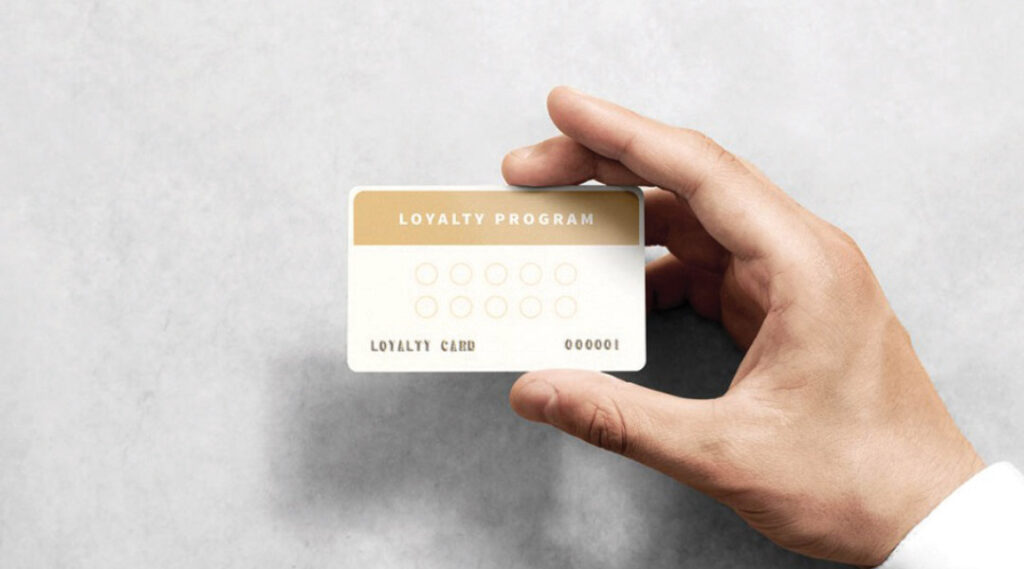Loyalty Programs and Digital Identity Theft

We, Indians, being value seekers, love our perks.
But do you know identity thieves love your perks, too?
According to India Consumer Loyalty Study 2015 by eMart Solutions, 52% Indians actively participate in loyalty programs, majorly in the hospitality, airline and retail sector. The points and miles that you accrue through a loyalty program may not be cold hard cash, but they have value. Scammers that are able to tap into your favorite loyalty program could convert them in a number of ways, such as selling them to online points brokers, exchanging them for different programs on websites, or redeeming them for physical gift cards, electronics, or other merchandise.
However, the real threat of a hacked loyalty program is the potential exposure of your personal information. Though many companies with loyalty programs are beginning to enhance their data security, reward program websites can host the most valuable information for identity thieves: names, email addresses, mailing addresses, telephone numbers, and, in many cases, credit card numbers that are linked to the account. Certain programs go so far as to capture annual income and information about family members.
This information, if stolen, could be sold in criminal black markets and used to perpetrate fraud. A handful of these data points together could provide a criminal with enough information to cause serious long-term damage. These programs have also been victims of data breaches in the past couple of years in India.
How to Minimize Your Risk:
- Change your password often and keep it secure.
- Share the minimal amount of personal information required and never include your Aadhaar or PAN card number.
- Be vigilant against fraudulent email, websites, or social media offers that appear to come from your loyalty program offering too-good-to-be-true offers.
You may want to consider registering for loyalty programs using a secondary e-mail address that isn’t linked with other important accounts.
But it’s also important to treat your loyalty program like you would any other financial account. Not signing in to the account frequently, or not checking the reward balances – leaves ample opportunity for a fraudster to do damage on multiple occasions without it being noticed.
